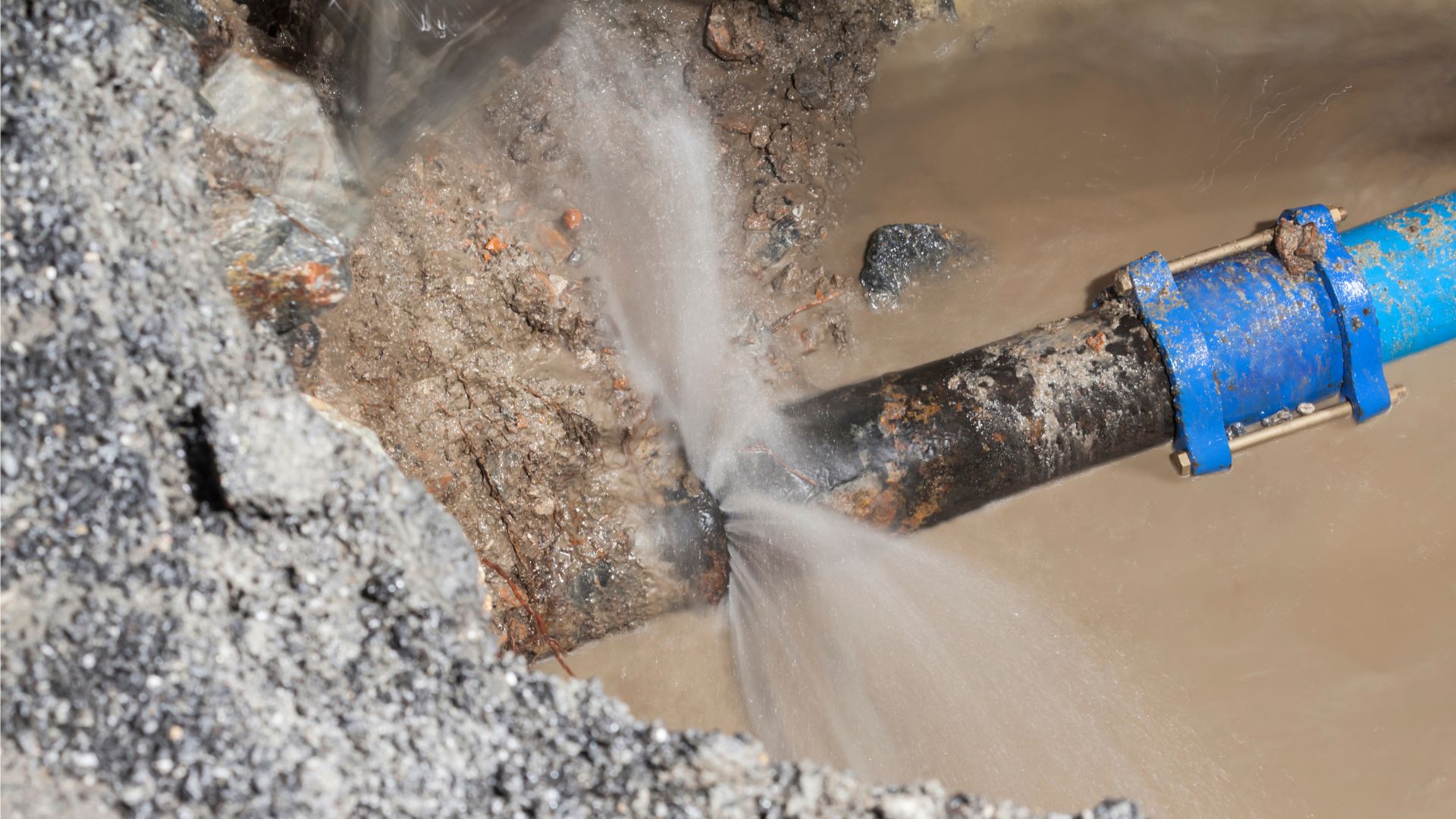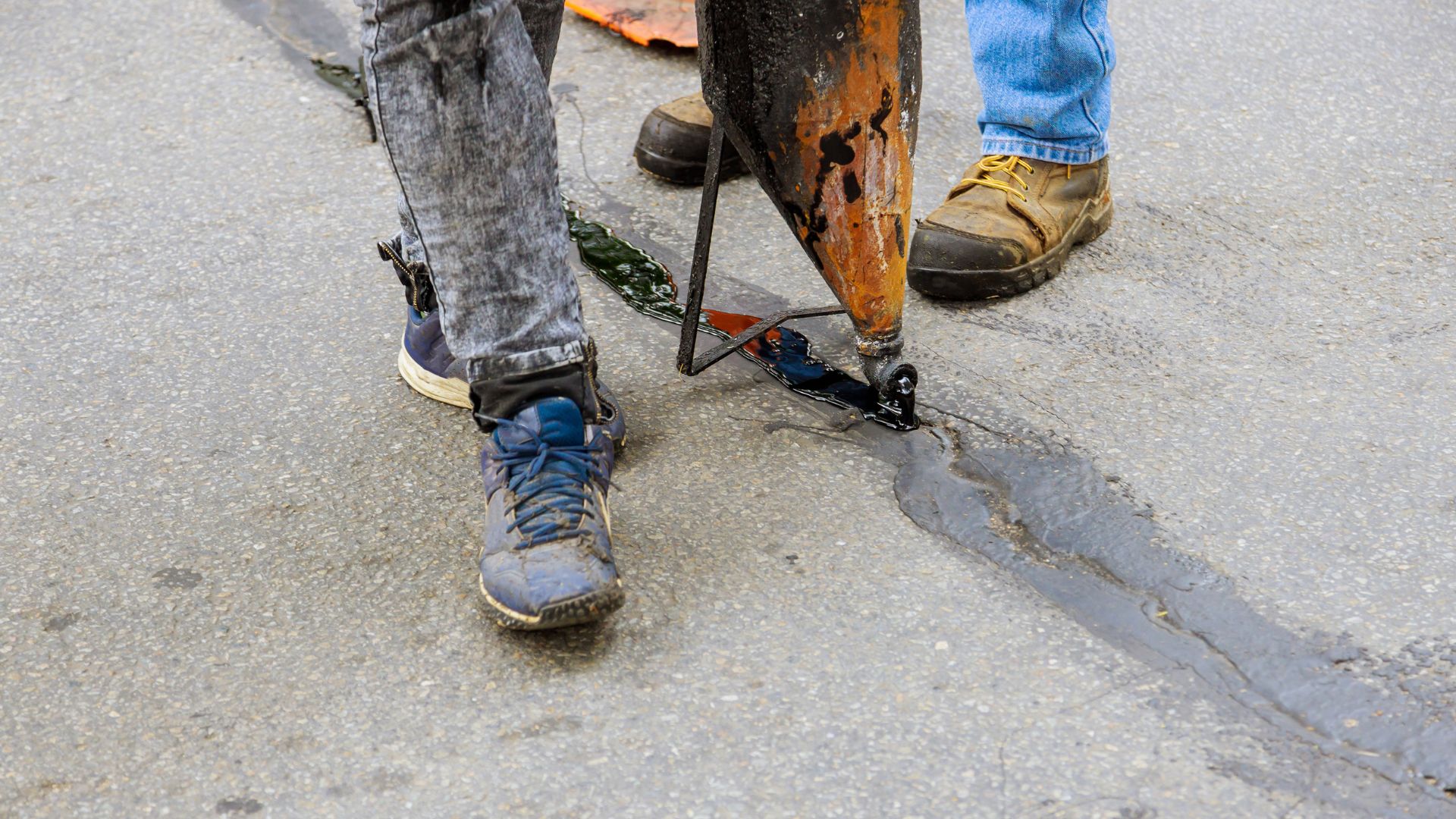When it comes to home maintenance, it’s easy to ignore what’s happening beneath your floors, but that can be risky. Slab leaks have become a big issue in Australia recently. For example, studies in Melbourne’s western suburbs showed that 5.3% of homes built between 2003 and 2011 had structural problems like cracks in walls and floors. Initially, some thought this was due to ending a long drought, but it’s clear that weather isn’t the main problem. These findings suggest slab leaks as a more serious issue.
Slab leaks occur when water pipes beneath a home’s foundation begin to leak, often going unnoticed until significant damage has already been done. The hidden nature of these leaks makes them particularly dangerous, as homeowners may remain unaware of the problem until it manifests in costly repairs or severe structural damage.
It’s important for homeowners to get a grip on slab leaks and the damage they can cause. This guide covers the usual suspects behind slab leaks and practical ways to tackle them. Stay ahead of this sneaky issue and keep your home’s safety and value intact.
What Is a Slab Leak?
A slab leak isn’t something you want to overlook. It happens when water pipes under your concrete foundation start leaking. This can affect copper, galvanised steel, or even cross-linked polyethylene pipes. When they leak, water seeps into the ground and concrete, potentially causing major issues.

How a Slab Leak Occurs
A slab leak typically occurs due to pipe deterioration, improper construction, or soil expansion. When a water pipe leaks beneath a concrete slab, the surrounding soil can erode or shift, putting immense pressure on the concrete foundation.
High water pressure or badly damaged water lines can cause a broken pipe, leading to a slab water leak. Hot water pipes, in particular, are prone to leaks due to constant water flow and temperature fluctuations, which can corrode pipes over time.
Potential Damage from Slab Leaks
The damage from a slab leak can be extensive, compromising the structural integrity of your home. Cracks in the concrete slab or floor covering, mould growth, and a soaring water bill are common signs of a slab leak.
Small leaks can snowball into big plumbing headaches if ignored, sometimes needing extensive repairs or even re-piping. If slab leaks aren’t caught early, repairs can get pricey, involving fixes for foundation cracks and swapping out corroded pipes with new ones or epoxy liners.
Importance of Early Detection
Early concrete slab leak detection is crucial in preventing severe damage to your home. Methods such as using a water meter to monitor water usage or leak detection services can help pinpoint the exact location of the leak.
Detecting the leak’s location early allows for an inexpensive fix before the problem escalates, avoiding costly slab leak repair and extensive damage to the concrete slab.
Common Causes of Slab Leaks
Slab leaks are a serious concern for homeowners, often leading to costly repairs and significant damage to the concrete foundation. Understanding the common causes of slab leaks can help prevent these issues from escalating.
Poor Construction Practices
One of the most frequent causes of slab leaks is poor construction practices. When a home’s plumbing system is improperly installed, it can lead to a variety of problems later on.
For instance, if low-quality plumbing materials, such as substandard plastic pipes or inferior polyvinyl chloride pipes, are used, they are more likely to develop leaks over time.
Additionally, during rushed construction, a few pipes may not be properly secured, resulting in water leaks as the plumbing system ages. Even minor faults, like poorly installed cast iron pipes, can cause water pressure issues, leading to a slab leak.
These construction errors can go unnoticed for years, only becoming apparent when the concrete foundation starts to crack or when water leakage is detected. Regular inspections are crucial to identify these issues early and avoid the expensive slab leak repair process.
Pipe Corrosion
Pipe corrosion is another common cause of slab leaks, especially in older homes. Over time, piping materials such as cast iron pipes, galvanised steel, and even chlorinated polyvinyl chloride pipes can corrode due to the chemicals present in the soil surrounding the concrete foundation.
Corrosion-resistant materials like certain types of plastic pipes or new pipes with modern coatings can help reduce this risk, but regular inspections are still necessary. When pipes corrode, they weaken and are more likely to become leaky pipes, leading to significant water damage.
If corrosion is detected early, re-piping with more durable materials can help fix slab leaks before they become a major plumbing issue.
Soil Shifting
Natural soil movement, particularly due to seasonal changes, can also cause slab leaks. Expansive soil shifts or soil erosion can place immense pressure on water lines installed beneath slab foundations.
Certain soil compositions, particularly those prone to swelling and contracting, are more likely to cause these shifts. When the surrounding soil moves, it can cause nearby pipes to crack, leading to plumbing leaks.
This pressure can also cause the concrete foundation to crack, resulting in water leakage that may go unnoticed until it causes structural damage. Homeowners should be aware of the soil composition in their area and consider regular checks of their home’s plumbing system to prevent slab leaks.
Abrasion and Pipe Wear
Abrasion and pipe wear are frequent culprits for slab leaks. When pipes are in constant contact with rough surfaces, they’re at risk. Over time, flowing water, particularly hot water, can cause pipes to rub against concrete, rocks, or other pipes.
This rubbing slowly weakens the pipe material, making leaks more likely. Even corrosion-resistant plastic pipes aren’t immune to abrasion if badly installed.
When water heaters are involved, the constant hot water flow can exacerbate this wear and tear. Regular maintenance of the plumbing system and re-piping older or worn sections can help prevent slab leaks caused by abrasion.
If a slab leak occurs, the repair process may involve accessing the pipes through access holes in the concrete foundation, a necessary step to fix slab leaks and ensure the entire process is completed properly.
Signs You Might Have a Slab Leak
Identifying early signs of a slab leak is crucial to preventing serious damage to your home. Here are key indicators that may suggest you have a slab leak.
Unexplained Increase in Water Bills
One of the first signs of a slab leak is an unexplained spike in your water bills. If you notice a sudden increase, it could be due to a hidden leaky pipe beneath your slab foundations.
A slab leak, especially in older homes with chlorinated polyvinyl chloride pipes or polyvinyl chloride pipes, can result in significant water leakage. Without timely slab leak repair, these water leaks can lead to extensive damage to your concrete foundations.
Damp or Warm Spots on Floors
Damp or warm spots on your floors can also indicate a slab leak. If you feel unusual warmth underfoot, it may be a sign that a water heater pipe is leaking beneath your slab foundations.
Similarly, damp areas can result from water leaks, often caused by a leaky pipe or an issue with the sewer lines. These signs should not be ignored, as they can lead to further complications, such as expansive soil shift, which can damage your concrete foundations.
Sounds of Running Water
Hearing the sound of running water when no taps are on is another red flag. This could mean that water is leaking from a polyvinyl chloride pipe or another type of pipe beneath your concrete foundations. The sound often indicates that water is flowing through a leaky pipe, possibly caused by an underground stream shifting soil around the pipes.
Foundation Cracks
Foundation cracks are a serious sign that a slab leak has been left unaddressed. As water leaks continue, they can weaken the concrete foundations, leading to visible cracks in the foundation or walls. These cracks may also be exacerbated by expansive soil shifts, further endangering the structural integrity of your home.
DIY vs Professional Fixes for Slab Leak Detection

DIY Slab Leak Detection
Homeowners can perform basic checks to detect slab leaks early. Monitoring the water meter for unexplained movement, inspecting for damp spots or cracks in floors, and listening for sounds like running water can help identify potential leaks.
A moisture meter can also be used to detect areas with high moisture levels, indicating potential slab issues. While these DIY methods are helpful, they may not always pinpoint the exact problem.
Professional Slab Leak Repairs
Professional repairs are essential for confirmed slab leaks. Methods include pipe re-routing to bypass the leak, epoxy pipe coating to seal leaks internally, or full pipe replacement in cases of severe damage.
In some situations, breaking through the slab to directly repair the pipe may be necessary. These professional solutions are more comprehensive, ensuring the leak is thoroughly addressed and preventing further damage to your home.
Safeguard Your Home: Know the Experts to Call
Slab leaks can cause serious problems if you let them slide. They can lead to water damage, mould, and even cracks in your foundation. Ignoring these leaks can cost you big time. Catching them early helps protect your home’s structure and saves money on repairs.
For expert leak detection and repair services, trust Fixed Today. With years of experience and a solid reputation in the field, Fixed Today offers thorough inspections and professional advice tailored to your situation. Their team of skilled professionals is equipped to handle any slab leak issue, ensuring your home is safe from potential damage. Don’t wait until a minor leak turns into a major problem— contact Fixed Today to schedule a comprehensive inspection and take the first step toward safeguarding your home.














